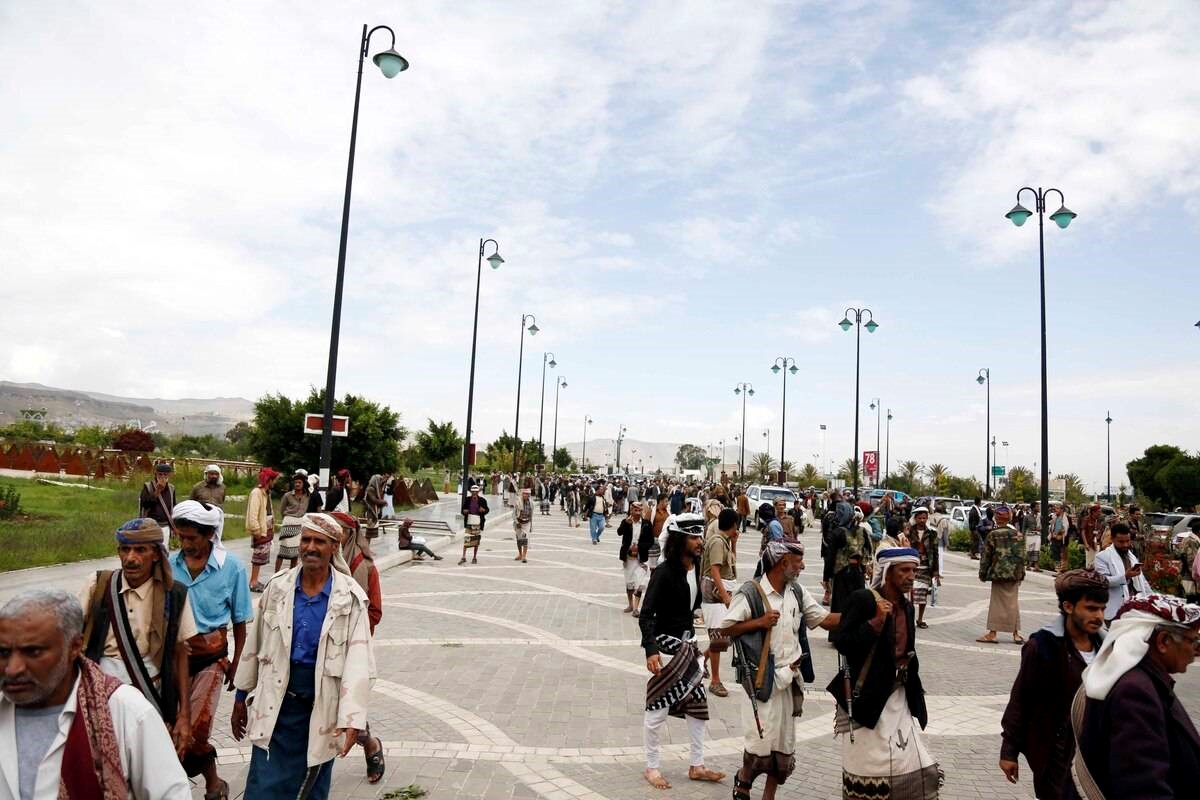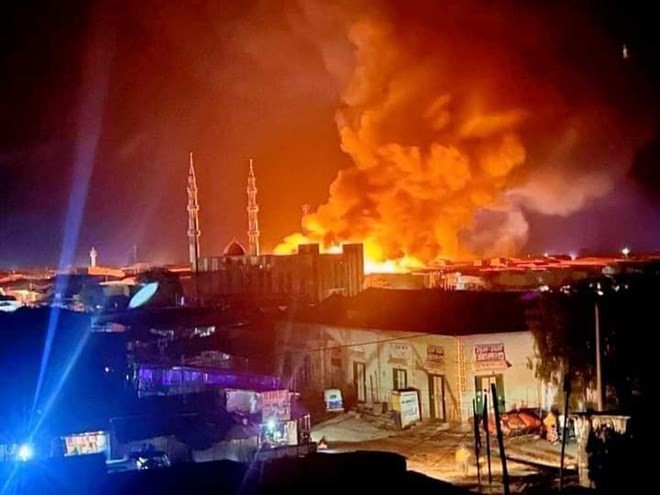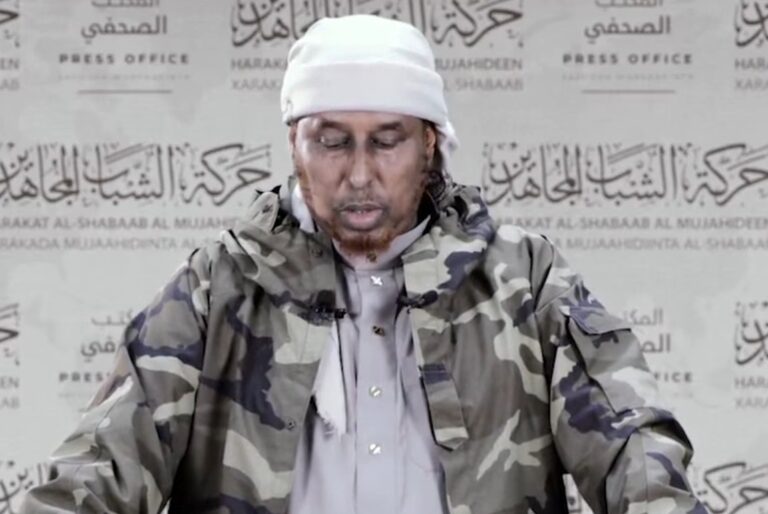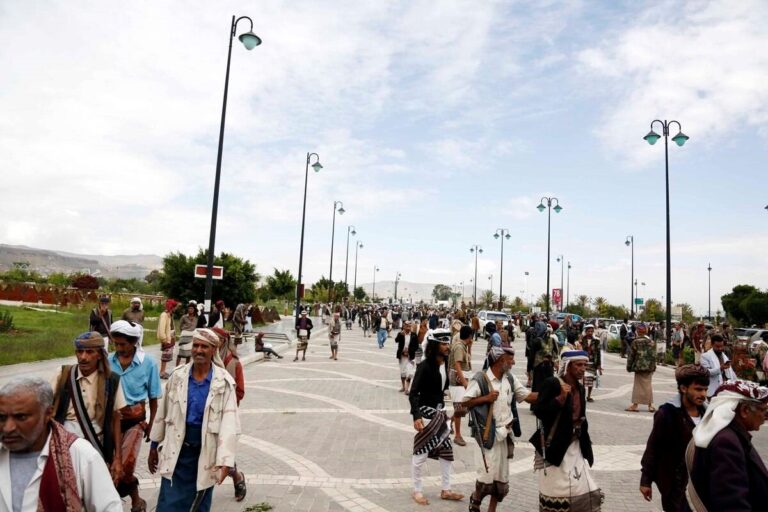Yemen’s Houthi rebels are making their way to Riyadh for talks aimed at negotiating a permanent ceasefire in the war-torn nation, according to multiple sources. The visit, scheduled for Thursday night, has raised hopes for a potential breakthrough in the prolonged conflict, which has resulted in hundreds of thousands of casualties and dire humanitarian conditions.
The Saudi state news agency, as well as Houthi officials and various diplomatic and government sources, have confirmed this significant development. This marks the first official visit by Houthi officials to Saudi Arabia since the conflict began in 2014, when the Houthi group ousted a Saudi-backed government in Yemen.
The talks are part of ongoing efforts to reach a lasting ceasefire and a sustainable political solution acceptable to all Yemeni parties. Oman, acting as a mediator, has played a pivotal role in facilitating these discussions.
The discussions are expected to address several critical issues, including the full reopening of Houthi-controlled ports and Sanaa airport, the payment of public servant wages from oil revenues, post-war reconstruction efforts, and a timeline for the withdrawal of foreign forces from Yemen. These topics have long been at the heart of Houthi demands.
While the conflict has endured for years, a six-month ceasefire officially expired in October, although it has largely held. Recent diplomatic efforts, including talks held in April when Saudi envoys visited Sanaa, have aimed to make progress toward peace. The Houthi visit to Riyadh signifies a shift from behind-the-scenes discussions to a more public engagement.
Analysts suggest that Saudi Arabia’s willingness to engage in direct talks with the Houthi rebels indicates a desire to bring an end to what has been a protracted and exhausting conflict. However, some concerns have been raised, with comparisons being drawn to negotiations with a single party, similar to the U.S. approach in Afghanistan, rather than engaging with all political factions. Critics argue that this approach may lead to long-term instability.
The situation has garnered international attention, with regional powers such as Saudi Arabia and Iran pursuing rapprochement in a deal brokered by China, a development that has added momentum to peace initiatives. The United States has also exerted pressure on Saudi Arabia to end its involvement in Yemen, linking military support to a resolution of the conflict.
The prospect of a permanent ceasefire in Yemen is seen as a significant step towards stabilizing the Middle East and alleviating the immense suffering endured by the Yemeni population, 80% of whom depend on humanitarian aid for survival. However, the road to a lasting peace remains challenging, and the outcome of the talks in Riyadh will be closely watched by the international community.









